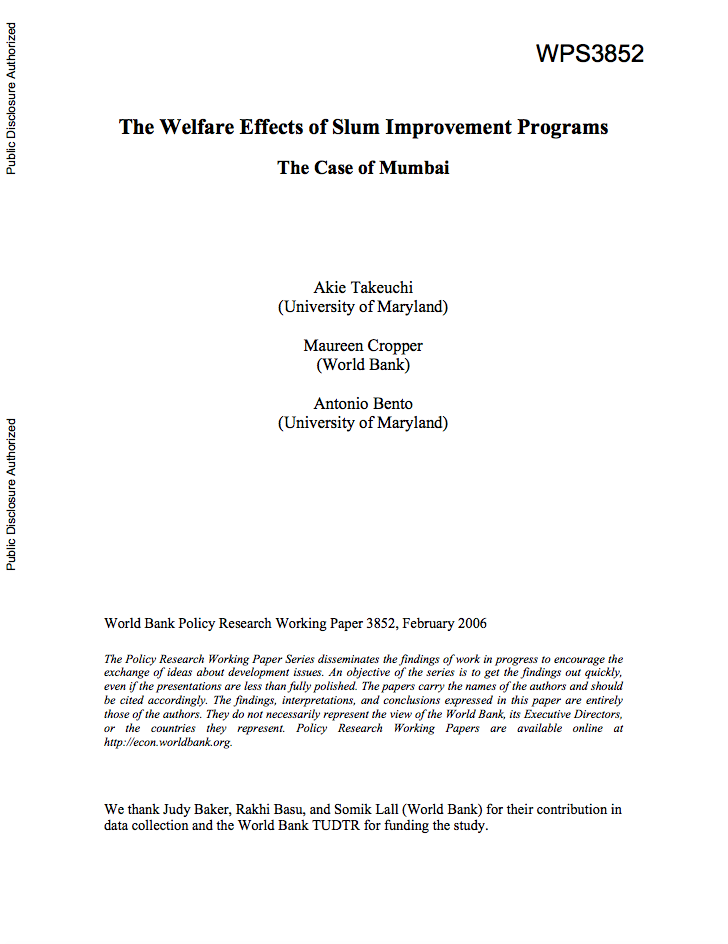A Brief History of Urban Development and Upgrading in Swaziland
This history illustrates a number of
themes encountered in Swaziland that faces developing
countries and their external partners in Africa and beyond.
Firstly, the history relates the experience of a small and
comparatively insular country in addressing complex
challenges deriving from rapid urbanization and, as a
result, the growing need to adapt governance systems and
structures. A second key issue is the challenge that small


